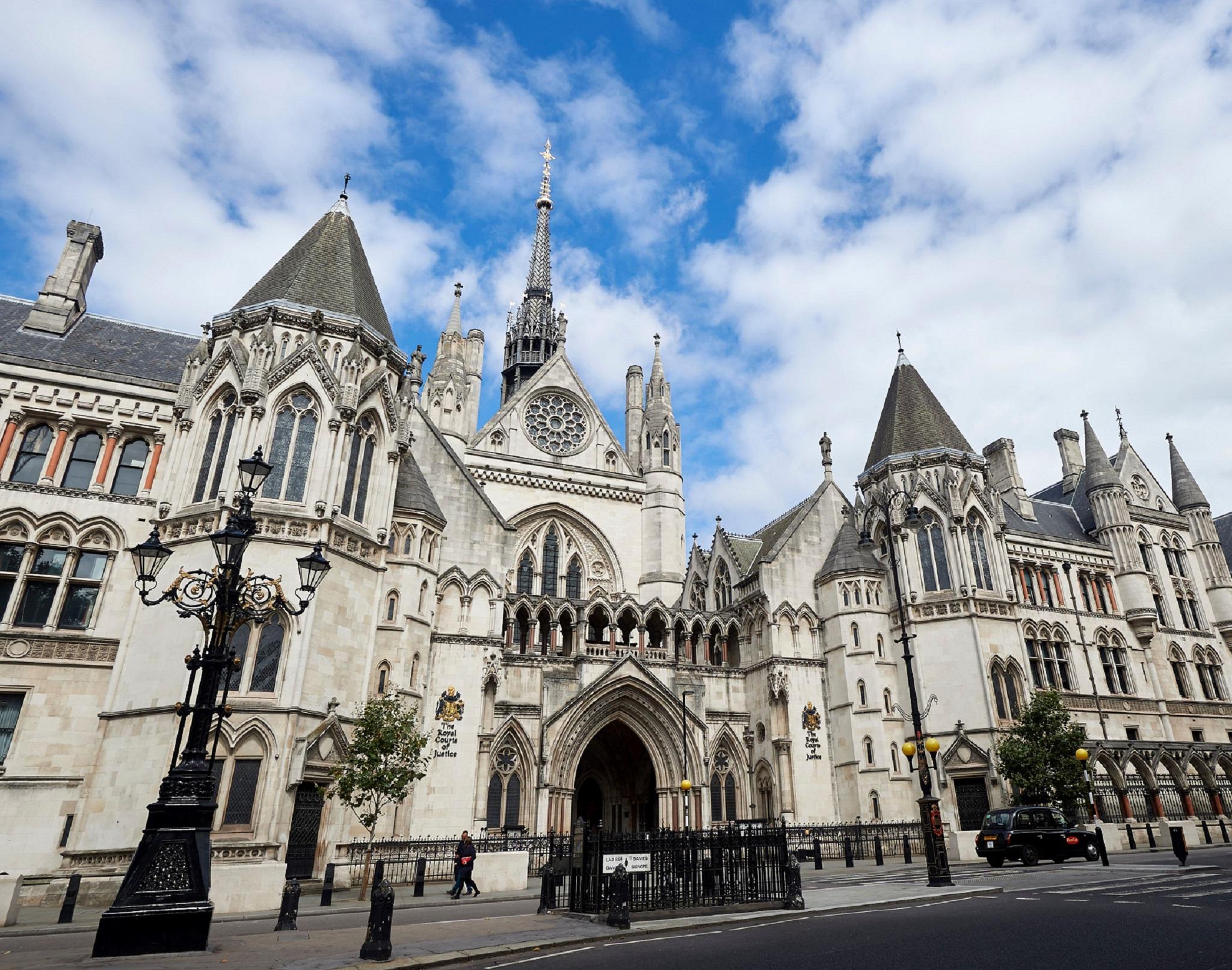Four Iraqi citizens win High Court damages against Ministry of Defence
Judge rules victims entitled to compensation under Human Rights Act

Your support helps us to tell the story
From reproductive rights to climate change to Big Tech, The Independent is on the ground when the story is developing. Whether it's investigating the financials of Elon Musk's pro-Trump PAC or producing our latest documentary, 'The A Word', which shines a light on the American women fighting for reproductive rights, we know how important it is to parse out the facts from the messaging.
At such a critical moment in US history, we need reporters on the ground. Your donation allows us to keep sending journalists to speak to both sides of the story.
The Independent is trusted by Americans across the entire political spectrum. And unlike many other quality news outlets, we choose not to lock Americans out of our reporting and analysis with paywalls. We believe quality journalism should be available to everyone, paid for by those who can afford it.
Your support makes all the difference.Four Iraqi citizens have won High Court damages against the Ministry of Defence arising out of their ill-treatment and unlawful detention during the Iraq War.
Damages were awarded to each of them on Thursday by a judge in London.
Mr Justice Leggatt ruled that they were entitled to compensation under the Human Rights Act, with one of the men being awarded more than £30,000.
Lawyers said after the ruling that the result of the four test cases could form the basis of settlement of more than 600 unresolved claims in what is known as the Iraqi Civilian Litigation.
Claims were brought by Iraqi civilians alleging they were unlawfully imprisoned and ill-treated by British armed forces during the war.
Mr Justice Leggatt announced his conclusions after overseeing two High Court trials during which Iraqi citizens gave evidence in an English courtroom for the first time.
The judge said: "This judgment follows the first full trials of these claims in which the claimants themselves and other witnesses have testified in an English courtroom.
"Four cases have been tried as lead cases. There is no assumption that these four cases are representative of others, but the conclusions reached on the legal issues and some of the factual issues raised are likely to affect many of the remaining cases in the litigation."
In the case of Kamil Najim Alseran, who was captured at his home at the end of March 2003 during the advance on Basra by British forces, the judge awarded £10,000 for ill-treatment following his capture, and £2,700 for 27 days of unlawful detention.
Abd Al-Waheed, who was arrested in a house raid carried out by British soldiers in Basra city in February 2007, was awarded a total of £33,300.
He was awarded £15,000 in "respect of the beating" he suffered after his arrest, £15,000 for what the judge described as "the further inhuman and degrading treatment which he suffered encompassing harsh interrogation, being deprived of sleep and being deprived of sight and hearing".
He was further compensated £3,300 for unlawful detention for 33 days.
Join our commenting forum
Join thought-provoking conversations, follow other Independent readers and see their replies
Comments